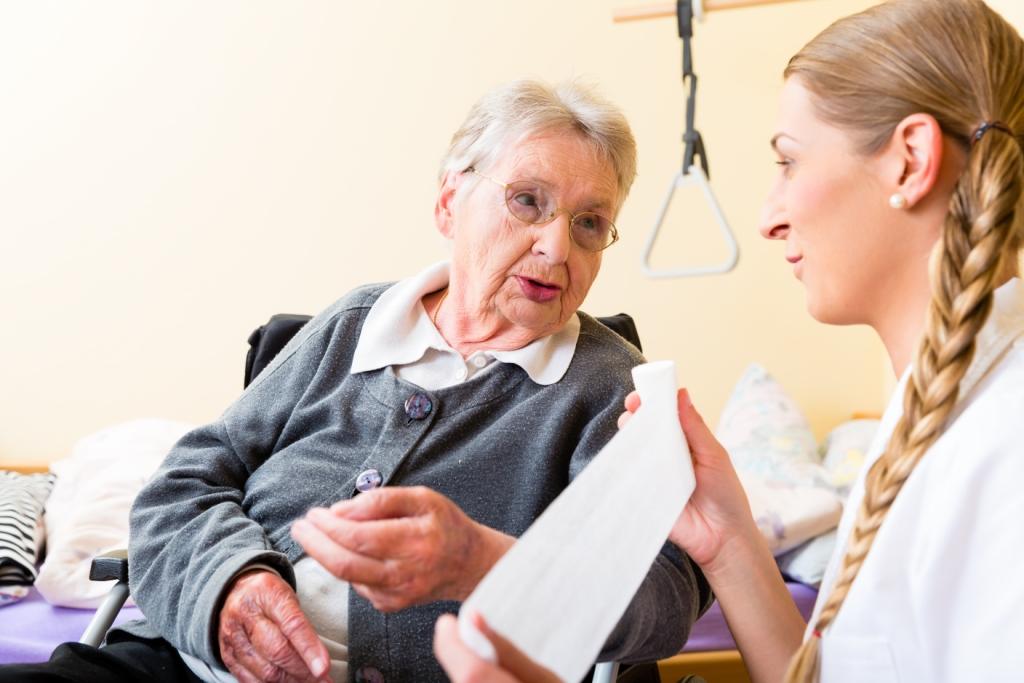Wound care is of the utmost concern for professional and at-home senior caregivers alike. Fragile skin in elderly people can lead to an increase in wounds and bruising.
The keys to proper wound care are fast treatment and knowing the signs to get care from a doctor.
Carthage Center for Rehabilitation and Nursing wants to describe the two major complications that come from wounds — infection and bleeding.
Bleeding (Hemorrhage)
If the wound continues to bleed despite the application of direct pressure for 20 minutes, you will want to seek medical attention.
Infection
As a wound begins to heal, there are telltale signs of infection. Those signs include:
- Increase in drainage.
- Green, yellow, or brown pus.
- Foul odor.
- Increase in swelling, tenderness.
- Additional redness, warm to the touch.
If you suspect a wound is infected, it’s time to see the doctor. They may drain the wound and will likely prescribe antibiotics to help clear up the infection. That should prevent more serious complications from taking place.
Other complications from open wounds include:
- Lockjaw. This is caused by an infection from the bacteria that cause tetanus, which is especially of concern for puncture wounds.
- Cellulitis. A skin infection that occurs away from the wounded area.
Take Quick Action
Immediately cleaning a wound with soap and water and providing the appropriate dressing will, more often than not, prevent infection and further complications.







